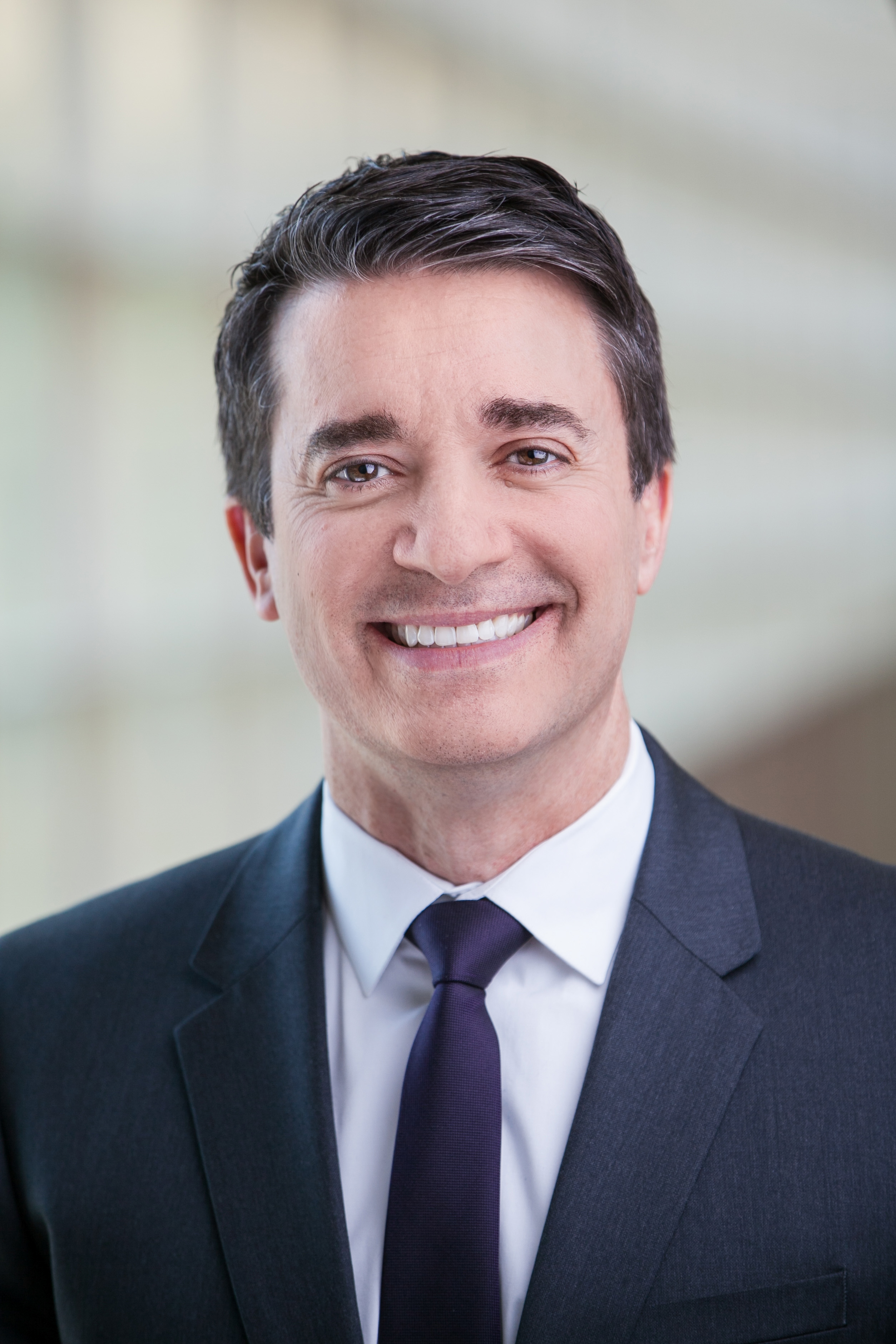I saw a variety of patients the other day in clinic. Well, I should clarify that — I saw most of them virtually. Sure, a couple patients still came into the office, but more than 80% of my visits were online or on the phone. Let’s be honest. The explosion of virtual visits is going to take some time to get used to. Granted, telehealth has been waiting for this day for a long time, but no one guessed it would happen so suddenly. Ability to use different platforms for video calls. Physicians not needing to be licensed in the same state in which the patient resides. Good faith provisions. Finally, we can innovate with less regulatory barriers, right?
Epidemics are not the ideal time for big changes. When we go from nearly 100 percent of visits being in-person to nearly all being virtual, it’s a change that can be a bit jarring. Every health system and physician office may not have enough capacity for this change, especially as they are focused on battling coronavirus infections. Many patients aren’t used to this type of visit, and many of my colleagues are still figuring out what they can and cannot do virtually. I’m not sure how many of my patients liked the “visit” – especially initially. Many of the appointments were focused on allaying their fears and anxiety about a cough or fever they were experiencing. But for others, I still had to decide whether they had a sinus infection and needed antibiotics, or if a rash was a contact dermatitis or needed to be biopsied. These aren’t necessarily easy decisions when you are still learning how best to use “new” technologies.
Telemedicine is making me a much better listener. I’m not interrupting patients as often as I probably did in past. I have become a more proficient history taker – a fundamental component of medicine, and one which has faltered in the past decade. I have a renewed focus on what patients are saying, and my questions are much more open-ended. And I discuss exactly how we need to follow-up and check-in after the appointment. I give more specific instructions as to when to call back or call 9-1-1. I am actually very curious as to how patients will be rating their satisfaction with these visits. Did they like it? Did it meet their needs? Do they miss “the old way”?
As patients and physicians get used to telehealth, I cannot see how anyone will want to go completely back to a system that requires physical presence. Sure, people will still need to come to the doctor for some ailments and symptoms. But why drive miles and wait in a crowded room when you get do many things from the comfort of your living room sofa? We also need to embrace patients receiving more care in their home – including treatment for cancer as well as clinical trials. The need for social distancing has allowed us the opportunity to rethink how we deliver care. The changes that we are making will not just last during the epidemic but will persist in many forms when this all resolves. Innovation truly is here and we won’t go back to the way it was !


